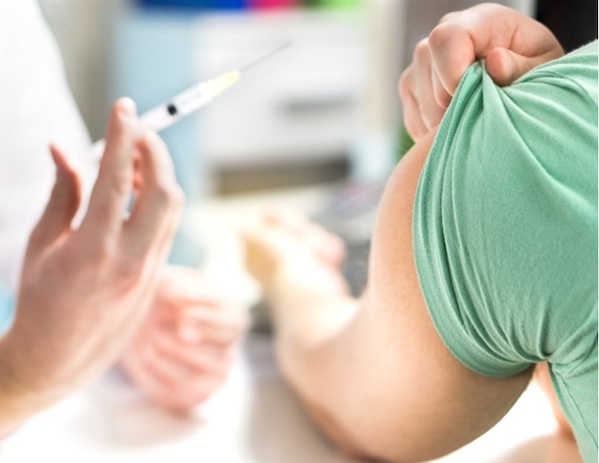WHO experts recommend the use of Takeda’s dengue vaccine QDENGA
October 10, 2023
Source: drugdu
 504
504

Takeda today announced that the World Health Organization’s (WHO) Strategic Advisory Group of Experts (SAGE) on Immunization shared recommendations for use of QDENGA® (Dengue Tetravalent Vaccine [Live, Attenuated]) (TAK-003). In the coming months, the WHO will consider the SAGE recommendation and update its position paper on dengue vaccines to include final guidance on the use of QDENGA in public vaccination programs.
SAGE made the following recommendations:
The vaccine to be considered for introduction in settings with high dengue disease burden and high transmission intensity to maximize the public health impact and minimize any potential risk in seronegative persons.
The vaccine to be introduced to children aged 6 to 16 years of age. Within this age range, the vaccine should be introduced about 1-2 years prior to the age-specific peak incidence of dengue-related hospitalizations. The vaccine should be administered in a 2-dose schedule with a 3-month interval between doses.
The vaccine introduction should be accompanied by a well-designed communication strategy and community engagement.
Dengue fever is among the most common mosquito-borne viral diseases worldwide.1 It is endemic in more than 100 countries and causes an estimated 390 million infections each year.2 While many dengue infections are asymptomatic or produce only mild illness, dengue can occasionally cause more severe disease, and even death.2 Dengue is also a leading cause of fever among travelers returning from Latin America, the Caribbean and Southeast Asia.3
Gary Dubin, M.D., President of Global Vaccine Business Unit, Takeda said, "The global impact of dengue cannot be overlooked as the incidence continues to rise. This week, the World Health Organization’s (WHO) Strategic Advisory Group of Experts (SAGE) provided important recommendations for the use of QDENGA in preventing dengue. We’re encouraged by their feedback and look forward to the final position from the WHO in the coming months.”
SAGE reviewed data across 19 Phase 1, 2 and 3 trials with more than 28,000 children and adults, including the pivotal Phase 3 Tetravalent Immunization against Dengue Efficacy Study (TIDES) trial, which was designed according to the WHO’s guidance for a second-generation dengue vaccine. The pivotal TIDES trial met its primary endpoint of overall vaccine efficacy (VE) against virologically-confirmed dengue (VCD) with 80.2% efficacy at 12-months follow-up.4 The trial also met all secondary endpoints for which there were a sufficient number of dengue cases at 18-months follow-up.5 The VE result in preventing hospitalization due to VCD fever was 90.4%.5 Through four and a half years (54 months after the second dose) in an exploratory analysis, QDENGA demonstrated continued overall protection, with sustained overall VE of 61.2% and 84.1% VE against VCD and hospitalized dengue, respectively.6 Observations of VE varies by serotype and remained consistent with previously reported results. QDENGA has been generally well tolerated and no important safety risks have been identified in the TIDES trial, to date.
QDENGA is currently available for children and adults in the private market in countries in Europe, Indonesia and Brazil, and will be available in Argentina and Thailand soon.
Source:
https://www.news-medical.net/news/20231009/WHO-experts-recommend-the-use-of-Takedas-dengue-vaccine-QDENGA.aspx
Read more on
- The first subject has been dosed in the Phase I clinical trial of Yuandong Bio’s EP-0210 monoclonal antibody injection. February 10, 2026
- Clinical trial of recombinant herpes zoster ZFA01 adjuvant vaccine (CHO cells) approved February 10, 2026
- Heyu Pharmaceuticals’ FGFR4 inhibitor ipagoglottinib has received Fast Track designation from the FDA for the treatment of advanced HCC patients with FGF19 overexpression who have been treated with ICIs and mTKIs. February 10, 2026
- Sanofi’s “Rilzabrutinib” has been recognized as a Breakthrough Therapy in the United States and an Orphan Drug in Japan, and has applied for marketing approval in China. February 10, 2026
- Domestically developed blockbuster ADC approved for new indication February 10, 2026
your submission has already been received.
OK
Subscribe
Please enter a valid Email address!
Submit
The most relevant industry news & insight will be sent to you every two weeks.



